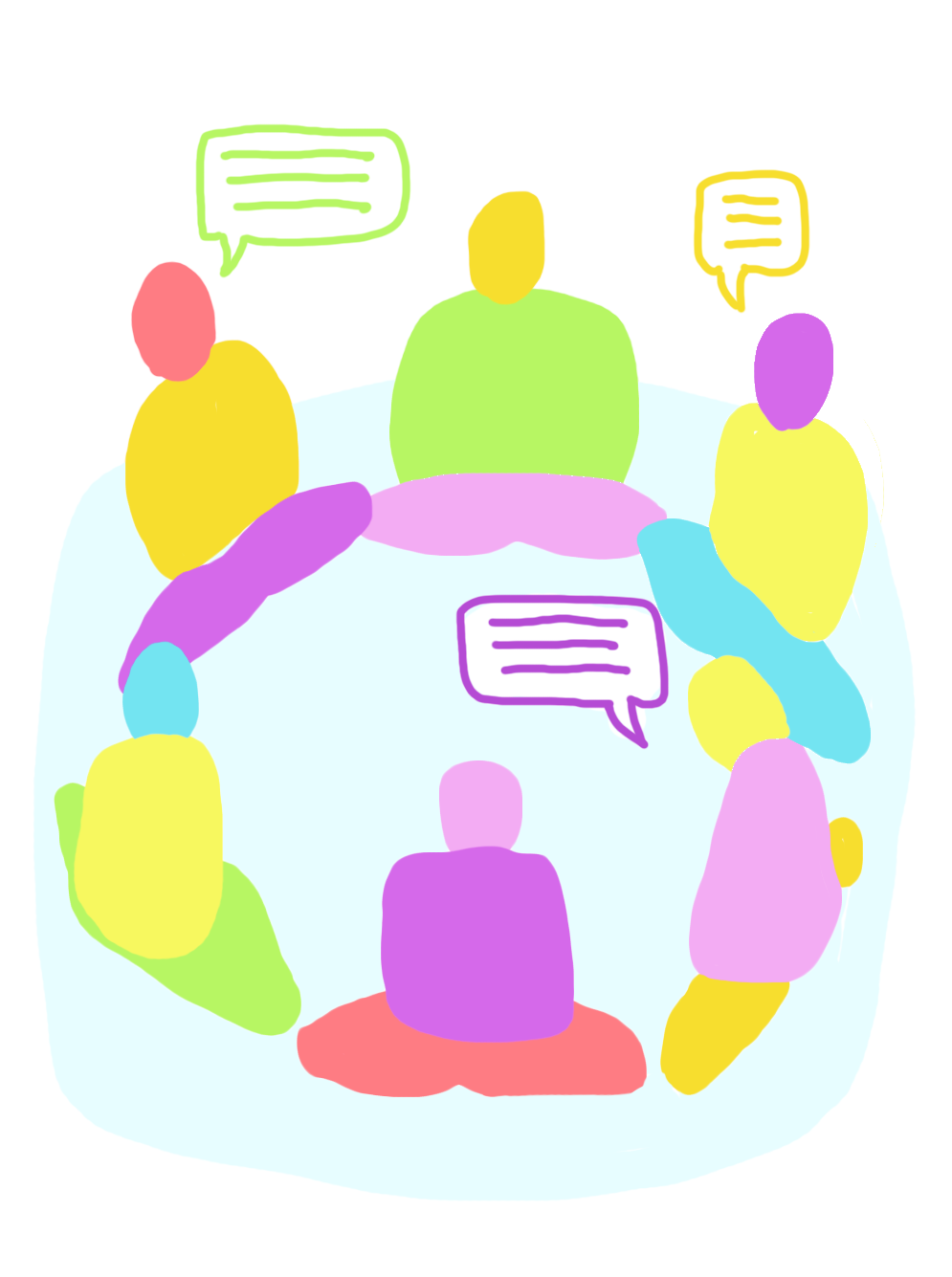The Bell Let’s Talk campaign came roaring through our country last week, raising money and awareness for mental health issues. The campaign—one of the largest in Canadian history—raised $6.5 million through texts, phone calls and social media interactions that mentioned Bell Let’s Talk.
The money goes towards a variety of mental health initiatives in different regions across Canada. According to the Bell Let’s Talk website, the most recent funds were sent to the St. John Ambulance training program—to help integrate mental health training into emergency First Aid courses—and the Embrace Life Council program, a new mental health program by Nunavut’s Embrace Life Council, a non-profit suicide prevention organization, to name a few.
Here at The Concordian, we even made our front cover last week about the campaign, featuring Concordia Stingers hockey player Philippe Hudon, Concordia’s Bell Let’s Talk representative. We were proud of the piece and glad to contribute to this national conversation and help spread awareness on our university campus.
However, on Wednesday morning, several media outlets dropped a massive bomb. A story was published involving a Bell Media employee who was reportedly fired due to her mental health issues.
Maria McLean from Grand Falls, N.B. was working as a radio host for K93 FM when she met with her manager earlier this month. McLean presented her superior with a doctor’s note that stated she needed to take two weeks off to adjust to her new medication for her anxiety and depression. Later that afternoon, she was shocked to discover she had been fired from her post without any warning, according to CBC News. A representative from Bell Media refused to comment on the case, according to the same report.
It’s no surprise the story gained a lot of traction on social media, with many people wanting to abandon the Bell Let’s Talk campaign due to the media company’s hypocrisy. We even toyed with this thought ourselves.
However, it’s important to recognize that this story wouldn’t have gotten this much attention if it wasn’t associated with a giant media company in the midst of a massive mental health awareness campaign. Ideally, any company that deems mental health an illegitimate reason to need time off should be reported on and shared widely as well. It is not new that employers let their employees go for mental health reasons—this is a real issue. We need to start holding our own government accountable when it comes to funding mental health-related services.
We are calling upon Bell to launch a full investigation into Maria McLean’s case and release the report to the public. This is the only way to move forward and for the public to believe in the Bell Let’s Talk campaign in the upcoming years.
Here at The Concordian, we’ve decided to not abandon the campaign, even in the wake of this story. The work that Bell Let’s Talk has achieved is unprecedented, and we must take away the positives even in the wake of a scandal. We acknowledge Bell is a corporation with monetary and advertising interests, but it goes without saying that the campaign has been a huge catalyst in spurring a dialogue and spreading awareness about a complex issue.
Our masthead has never seen so many Facebook posts and Tweets from our social network describing their personal stories regarding mental health. We must recognize that many would not be courageous enough to talk about their experiences if it weren’t for so many others in their circle doing the same—this was initiated thanks to Bell Let’s Talk.
We encourage our readers to support the campaign, but more importantly, to keep supporting and talking about mental health, all year round.
